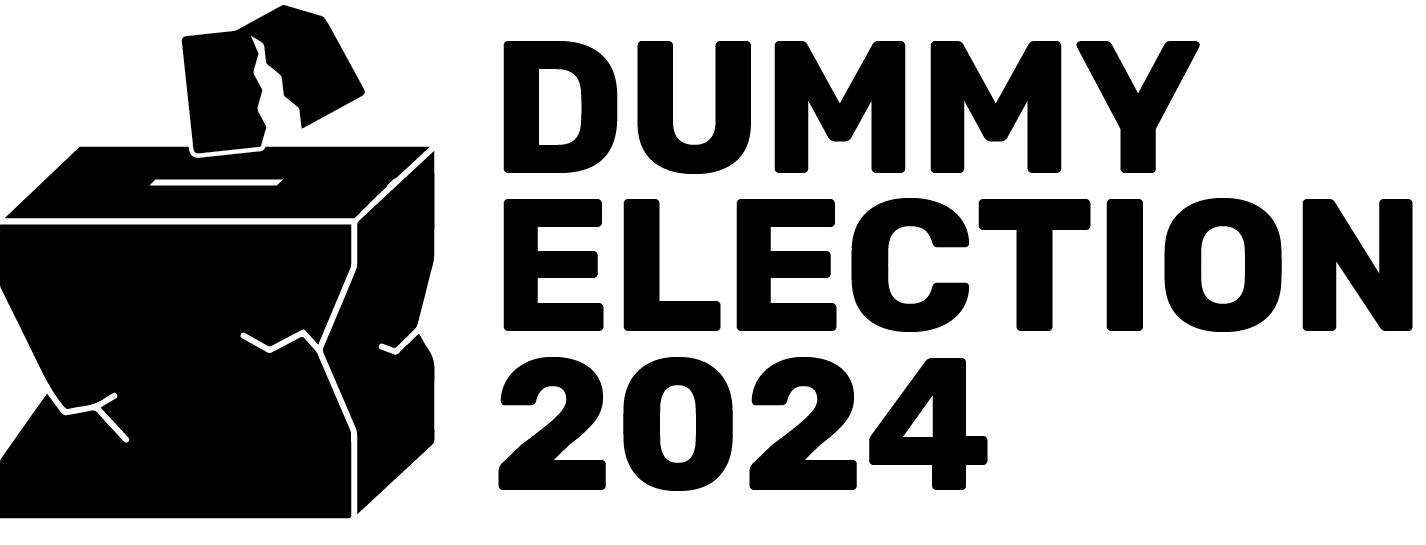About Dummy Election 2024
On January 7, 2024, the election in Bangladesh was a disgrace to the nation’s democratic aspirations, as it was neither inclusive nor participatory. The blatant rigging, irregularities, and violence orchestrated by the Awami League (AL) demonstrated that a free, fair, participatory, and peaceful election under Sheikh Hasina is not possible.
The majority of voters, who boycotted the election, reflected their support for a free, fair, inclusive, and credible election under a neutral election-time government. The shift towards a one-party state has resulted from a series of repressive measures taken by the authoritarian Sheikh Hasina government since the 2010s.
This website provides insights into the incidents of undermining democracy in Bangladesh, offering details on the electoral process and addressing the systematic election manipulation by AL, orchestrated through cooperation with the state apparatus.
Bangladesh’s police guarding the locked headquarters of the main opposition party BNP.
Courtesy: Mamunur Rashid / Alamy Stock Photo
Systematic rigging of the election
The brutal Hasina regime rigged the election through three major steps: suppressing protests for democratic reforms, placing loyal officials and through them influencing the electoral outcome, and finally, by domesticating the election commissioners and the entire commission to serve their purpose.
Crackdown on pro-democracy protesters and role of civil administration
The loyal police of Sheikh Hasina cracked down on BNP leaders and activists who were asking for democratic reforms. In 2022, around 20 BNP men died, either in police firing or after deadly attacks by AL goons. On December 7, 2022, law enforcers stormed the central office of BNP in Dhaka, killing activists and arresting almost all top leaders, including its Secretary General.
In July 2023, the police were ordered to expedite the trial of politically motivated cases against BNP leaders and activists. Subservient judges began delivering conviction orders against BNP leaders and activists to keep them out of the electoral process. In 2023, several senior leaders and former parliament candidates were sentenced to jail, while hundreds of individuals were sentenced to imprisonment each week.
A staggering five million leaders and activists of the BNP are facing politically motivated cases, with hundreds of individuals sentenced to imprisonment each week. The government stifles free expression and systematically incapacitates opposition, critics, and activists through arbitrary arrest, enforced disappearance, harassment, and intimidation, making a free election impossible.
The fifteen years of AL’s misrule are characterized by corruption, inequality, injustice, and repression, leading to its complete isolation from voters. Key members of the judiciary, law enforcement agencies, and civil and military bureaucracy enjoy illegal empowerment, organizational promotion, and undue pecuniary benefits without any check or accountability. Some members of the police and civil bureaucracy have become so politically biased that they were publicly seeking votes for AL candidates.
[T]he headquarters of main opposition party Bangladesh Nationalist Party, as you can see, has been locked and shut, and it has been since the last October when the Police described it as a crime scene. It's hard to imagine a parallel like this, Republican Party in the United States, or say Britain's Labour Party, completely shutdown.
Jonah Hull, Al Jazeera
Role of Election Commission
The Election Commission (EC) in Bangladesh has been criticized for its partisan nature, failing to create a level playing field or deliver a fair election. The fear of another lopsided poll deepened, and public trust in the EC was weakened. In July 2023, the AL-led parliament amended the Representation of the People Order (RPO) to reduce the EC’s power after the EC asked it on their own. The EC proved inefficient in containing vote rigging and violence in by-elections marred by irregularities and ballot stuffing.
In August 2023, the EC awarded registration to 2 unknown parties formed with the support of intelligence agencies, such as the Bangladesh Supreme Party and Bangladesh Nationalist Movement, and rejected applications from prominent opposition groups. This precedent of giving approval to questionable individuals without credentials as election observers added to its discredit and distrust of the people.
The EC, designated as a constitutional institution, did not demonstrate any interest in creating a stable political atmosphere and consistently abstained from intervening or addressing atrocities committed by the politicized state apparatus. The recurring alignment between statements from EC members and political narratives put forth by Sheikh Hasina exposed its loyalty and deep allegiance to the regime.
Critics believe that the EC held unusual private meetings with intelligence agency heads, aiming to strategize and implement the AL’s agenda to cling to power under the guise of the election. The EC also faced criticism for constitutional violations following its three-week ban on all political activities, except election campaigning, from December 18 until election-day.

